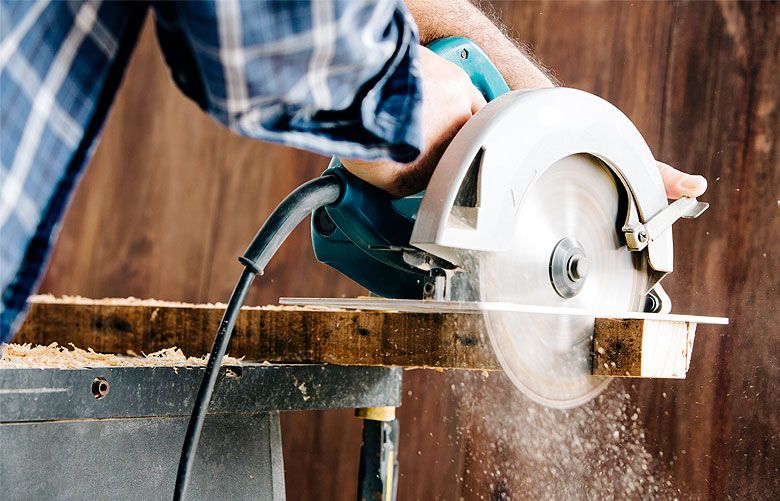In the realm of mechanical tools, sockets are indispensable components. They are the unsung heroes that make the assembly and disassembly of nuts and bolts a breeze. But did you know that there are various types of tool sockets, each with its unique features and applications? This article aims to delve into the different types of tool sockets, their uses, and how to choose the right one for your specific task.
- Standard Sockets: The Everyday Heroes
Standard sockets, also known as shallow sockets, are the most common type. They are perfect for fasteners that are easily accessible and do not require deep reach. Their compact size makes them ideal for tight spaces.
- Deep Sockets: The Reach Extenders
As the name suggests, deep sockets are longer than standard sockets, allowing them to reach fasteners that are recessed or not easily accessible. They are commonly used in automotive repair, especially for spark plug removal and installation.
- Impact Sockets: The Heavy-Duty Warriors
Impact sockets are designed for use with impact wrenches. They are made from robust material that can withstand the high torque produced by impact tools. These sockets are typically black due to the industrial strength heat treatment they undergo to increase their durability.
- Universal Sockets: The Jacks of All Trades
Universal sockets are designed with a unique internal mechanism that can adapt to any shape. This makes them incredibly versatile, capable of gripping hexagonal, square, and even damaged or rusted nuts and bolts.
- Spark Plug Sockets: The Automotive Specialists
Spark plug sockets are a subtype of deep sockets, specifically designed to install or remove spark plugs from engines. They usually have a rubber insert to protect the spark plug from damage.
- Bit Sockets: The Screwdriver Replacements
Bit sockets combine the function of a screwdriver and a socket. They are used to drive screws and are available in a variety of shapes and sizes to fit different screw heads.
- Pass-Through Sockets: The Space Savers
Pass-through sockets are a relatively new type of socket that allows the bolt to pass through the socket and ratchet. This eliminates the need for deep sockets and makes it easier to work on long bolts.
Choosing the right socket for your task not only ensures efficiency but also prolongs the life of your tools and fasteners. It's essential to consider the type of fastener, the accessibility of the fastener, and the amount of torque required when selecting a socket.
In conclusion, understanding the different types of tool sockets is crucial for anyone who frequently works with mechanical tools. Whether you're a professional mechanic or a DIY enthusiast, having the right socket in your toolbox can make your work easier, faster, and safer.
About Author
You may also like
-
How to Select the Right Vacuum Suction Unit for Chemical Applications in Industrial Projects
-
How to Choose an ISO Certified Automotive Starter Manufacturer for Reliable Bulk Supply
-
How to Select the Right Vacuum Suction Unit for Chemical Applications in Industrial Projects
-
What Buyers Should Know Before Ordering Custom FR4 Fiberglass Boards
-
How 35kV Epoxy Resin Transformers Help Buyers Achieve Reliable and Safe Power Distribution

